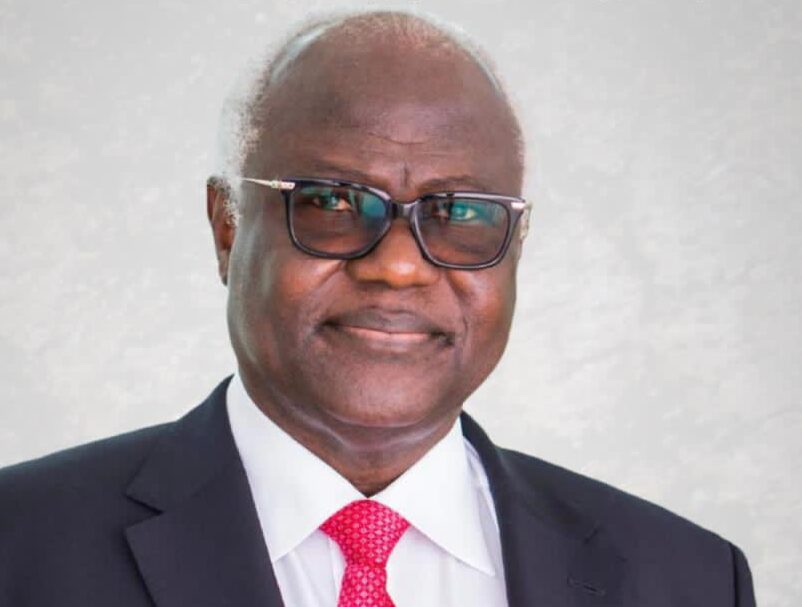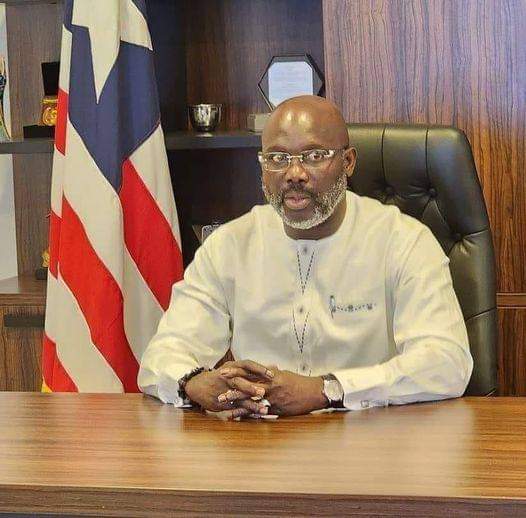His Excellency Dr. Ernest Bai Koroma, former president of Sierra Leone, delivered the keynote address at the Emerging Security Sector Leaders Seminar hosted by the Africa Center for Strategic Studies. The seminar brought together a cohort of over 40 rising civilian and uniformed security sector leaders from across the African continent with the “aim of equipping our continent’s younger generation of leaders with analytical skills and the necessary tools for making wise, evidence-based decisions.”
President Koroma addressed current and emerging security threats in Africa, including violent extremism, civil wars, conflicts between farmers and herders, transnational organized crime, and health pandemics. He emphasized that these threats are exacerbated by factors such as bad governance, corruption, and marginalization. President Koroma expressed concern over the militarization and heavy-handedness of responses to these threats and the shrinking of democratic space in Africa, which limits the contribution of citizens in shaping governance and leadership decisions.
President Koroma emphasized the importance of security sector reform, military professionalism, and the management of security resources, connecting these components to democratic good governance and the preservation of peaceful societies.
“President Koroma highlighted the need for post-conflict countries to define their approach to national security and rebuild trust in the security sector.”
Reflecting on his own experience in post-civil war Sierra Leone, President Koroma highlighted the need for post-conflict countries to define their approach to national security and rebuild trust in the security sector. He recounted shepherding Sierra Leone’s transition from a traditional state-centric security sector to a more people-centered approach. His administration focused on restructuring and enhancing the capacity and accountability of security institutions while simultaneously addressing factors such as justice and economic hardships that contributed to security threats. The shift toward an effective second-generation security sector involved greater inclusivity, collaboration, and involvement of civil society in community security efforts.
While challenging, the reforms paid dividends. President Koroma noted that by the time he “left office in 2018 [after fulfilling two terms], Sierra Leone was ranked the third most peaceful country in Africa by the Global Peace Index.”
After being a recipient of peacekeepers during its devastating civil war, Sierra Leone was “able to send peacekeepers to Somalia and Sudan, under the aegis of the United Nations.”
President Koroma urged the young security professionals to be agents of positive change in their respective countries, reminding them that “those you work for are the people, and it is their rights and welfare that you should protect.”











